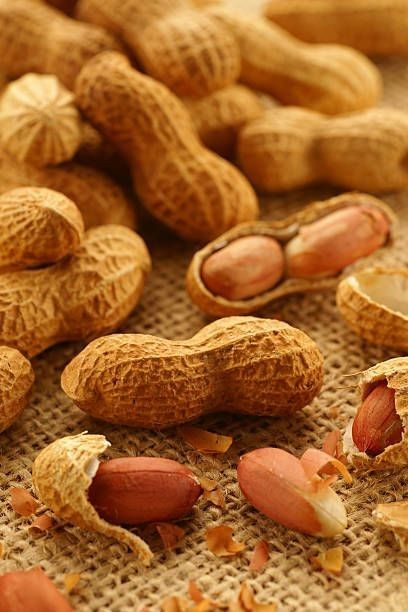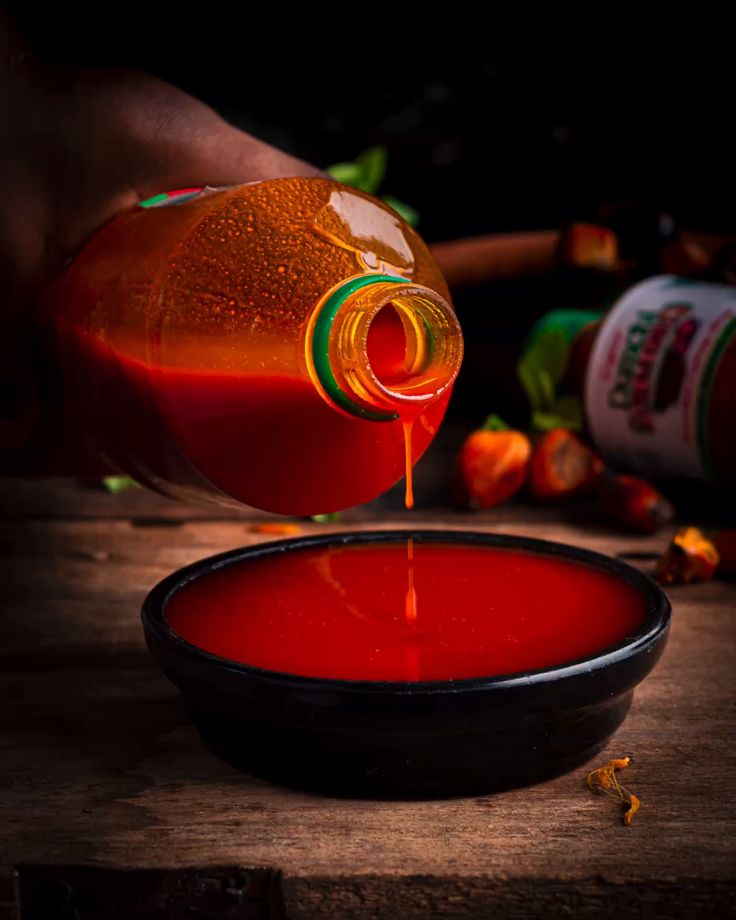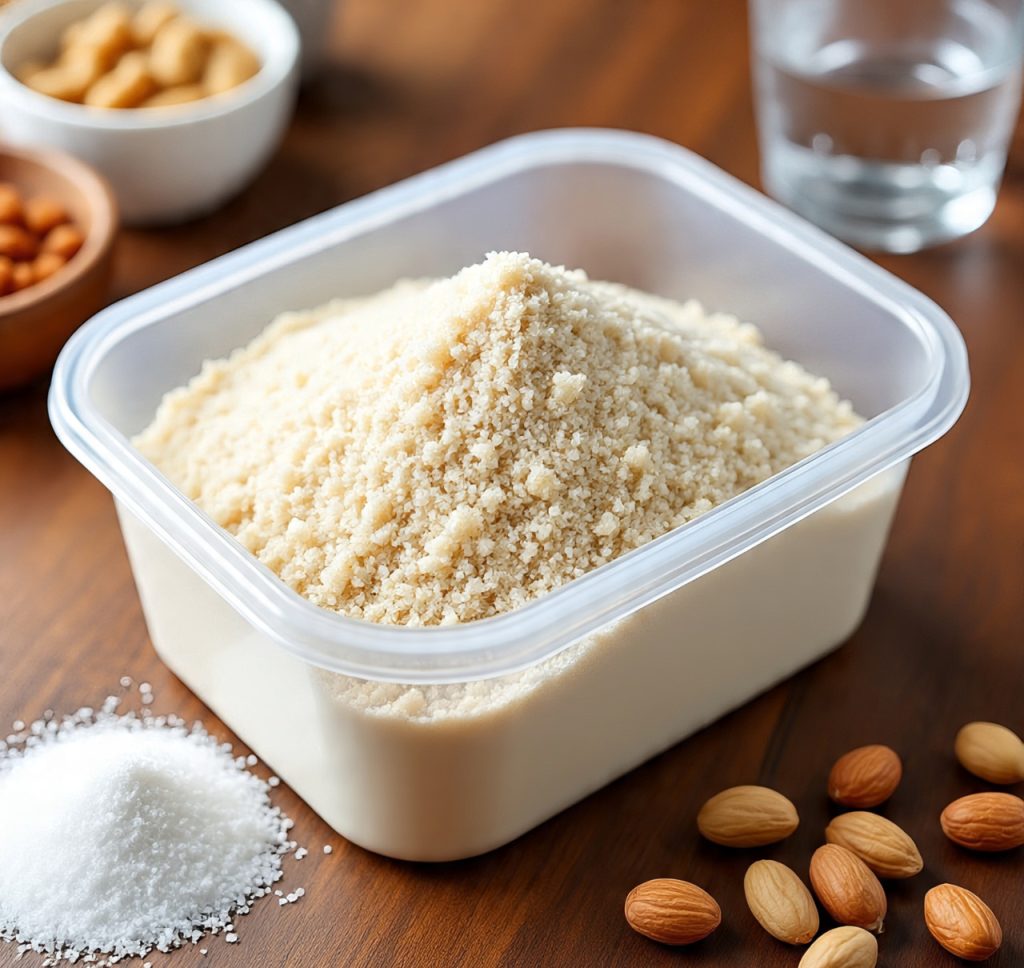Beans flour is a finely milled powder made from dried beans, most commonly black-eyed beans or brown beans. It is a nutrient-dense, gluten-free product widely used in African and Caribbean cuisines, and increasingly popular in global health food markets.
It serves as a convenient alternative to raw beans, saving preparation time while retaining the natural taste, texture, and nutrition of the original legume.
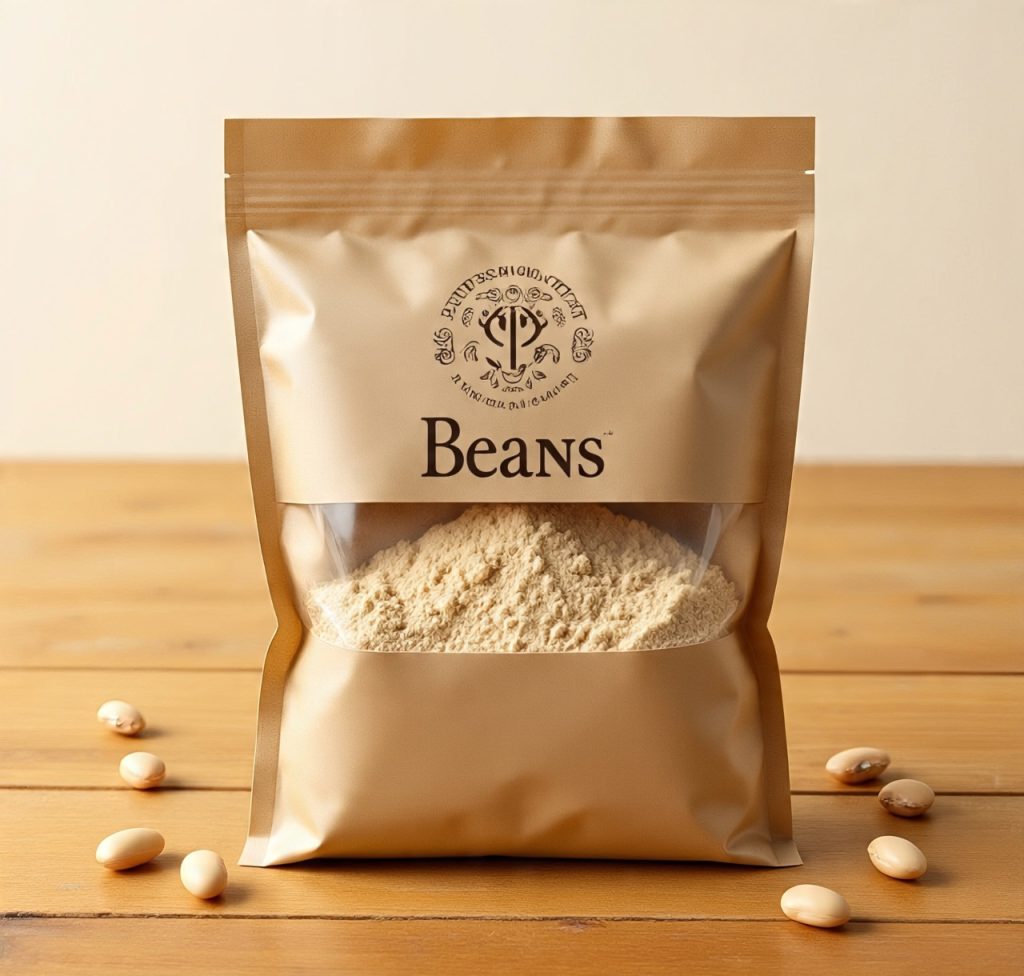
Why Beans Flour is in High Demand
-
Rich in Protein – Ideal for vegetarian and vegan diets.
-
Gluten-Free – Perfect for people with gluten intolerance.
-
Time-Saving – Eliminates soaking, peeling, and grinding steps.
-
Long Shelf Life – Lasts for months when stored properly.
-
Versatile – Used for both traditional and modern recipes.
Common Uses of Beans Flour
-
African Dishes – For akara (bean cakes), moi-moi (steamed bean pudding), and gbegiri (bean soup).
-
Baking – Blended into bread, pancakes, and protein-rich pastries.
-
Baby Food – High-protein ingredient for infant meals.
-
Thickening Agent – Used in soups and sauces.
Popular Export Types of Beans Flour
-
Pure Black-Eyed Bean Flour – Light flavor, commonly used in West African cooking.
-
Brown Bean Flour – Slightly richer taste, preferred for certain dishes.
-
Mixed Bean Flour – A blend for balanced flavor and texture.
-
Fortified Bean Flour – Enriched with vitamins and minerals for added nutritional value.
Major Importing Markets
-
North America – USA, Canada (African and Caribbean grocery stores, health food shops).
-
Europe – UK, Netherlands, Germany, France (ethnic and specialty food markets).
-
Middle East – UAE, Saudi Arabia, Qatar (African diaspora demand).
-
Asia-Pacific – Australia, Singapore (specialty ethnic stores).
Export Processing Steps
-
Selection – Choosing clean, mature beans free from weevils and impurities.
-
Cleaning – Removing dirt, stones, and damaged beans.
-
Dehulling – Removing bean skins (optional, depending on the product type).
-
Drying – Reducing moisture for longer shelf life.
-
Milling – Grinding into fine powder.
-
Sieving – Achieving smooth, consistent texture.
-
Packaging – Airtight, moisture-proof packaging to retain freshness.
Quality Standards & Export Requirements
-
Moisture Content – Ideally below 10% to prevent spoilage.
-
Pesticide-Free – Must meet importing country food safety regulations.
-
Proper Labeling – Includes nutritional facts, expiration date, and origin.
-
HACCP & ISO Certification – Boosts trust and market access.
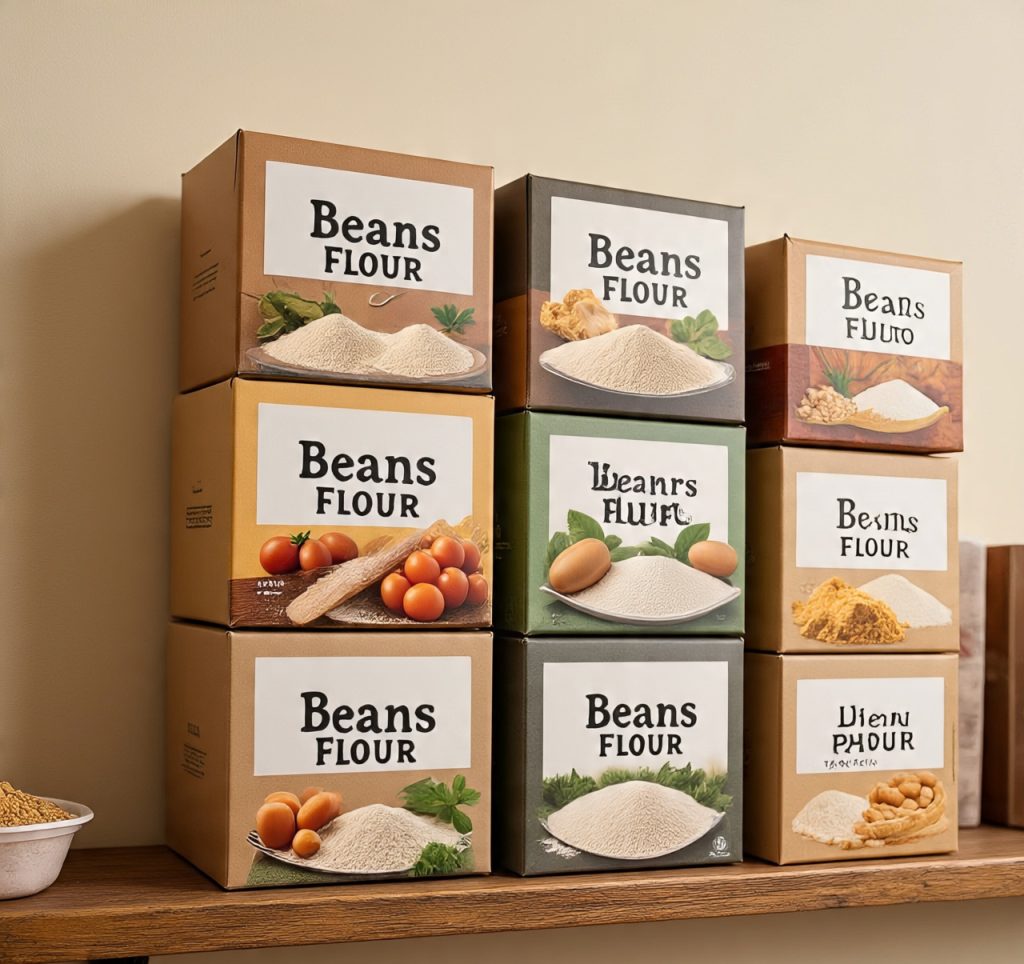
Why Beans Flour Export is Profitable
-
Premium Pricing Abroad – Especially in diaspora and health food markets.
-
Long Shelf Stability – Allows for bulk shipping without quick spoilage.
-
Health & Wellness Trend – Increasing demand for plant-based protein products.
IMEN GREEN GLOBAL LIMITED Advantage
We supply high-quality beans flour processed from carefully selected beans, ensuring nutritional retention, smooth texture, and food safety compliance.
We offer:
-
Bulk Supply for Wholesalers.
-
Retail-Ready Packaging.
-
Organic & Fortified Options.
-
Worldwide Shipping with Timely Delivery.
Conclusion:
Beans flour is a high-protein, gluten-free product with expanding global demand. Exporters who focus on quality, packaging, and targeting both ethnic and health-conscious markets can build a profitable, long-term business.




